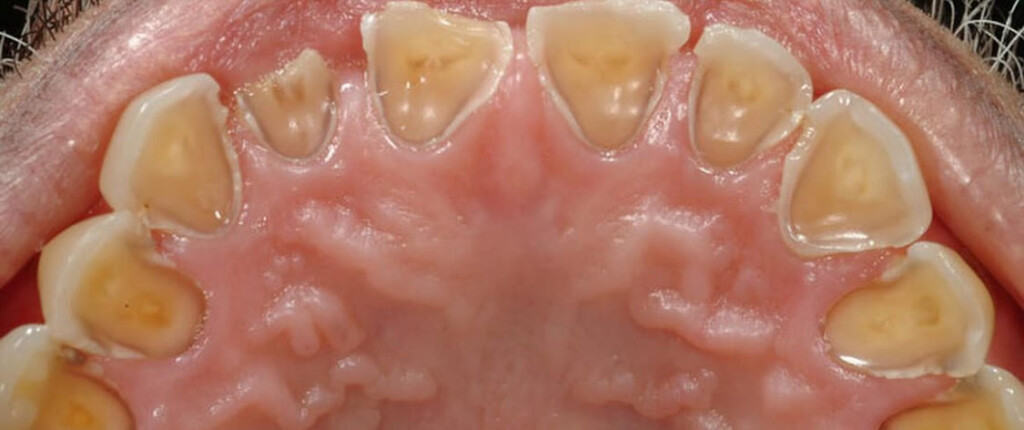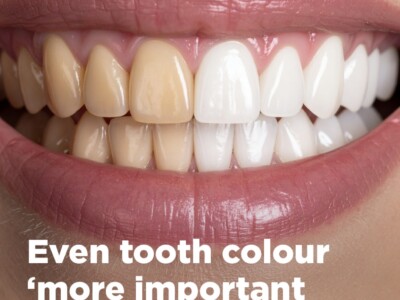Teeth erosion is a common dental problem that occurs when the outer layer of the teeth, called the enamel, gets worn away. Here are some facts about teeth erosion:
Causes: Teeth erosion can be caused by various factors, including excessive consumption of acidic foods and drinks, frequent vomiting due to certain medical conditions like bulimia or gastroesophageal reflux disease (GERD), and aggressive brushing of teeth.
Effects on Enamel: The enamel is the hardest substance in the human body, but it can still be eroded over time. When the enamel wears away, it exposes the underlying layer of the tooth called dentin, which is more sensitive and prone to decay.
Symptoms: Common symptoms of teeth erosion include tooth sensitivity, tooth discoloration (yellowing), rounded or transparent edges of the teeth, and cracks or chips on the tooth surface.
Prevention: To prevent teeth erosion, it's important to limit the consumption of acidic foods and drinks such as citrus fruits, carbonated beverages, and sports drinks. Using a soft-bristled toothbrush and practicing gentle brushing techniques can also help prevent enamel wear.
Dental Check-ups: Regular dental check-ups are essential for early detection and prevention of teeth erosion. Dentists can identify signs of erosion and provide appropriate treatment and advice.
Treatment: The treatment for teeth erosion depends on the severity of the condition. In mild cases, dentists may recommend using fluoride toothpaste or mouthwash to strengthen the enamel. In more severe cases, dental bonding, dental veneers, or crowns may be required to restore the damaged teeth.
Oral Hygiene: Maintaining good oral hygiene practices such as brushing twice a day, flossing, and using fluoride-based products can help protect the enamel and prevent teeth erosion.
Remember, if you suspect that you are experiencing teeth erosion, it's important to consult a dentist for proper diagnosis and treatment.




